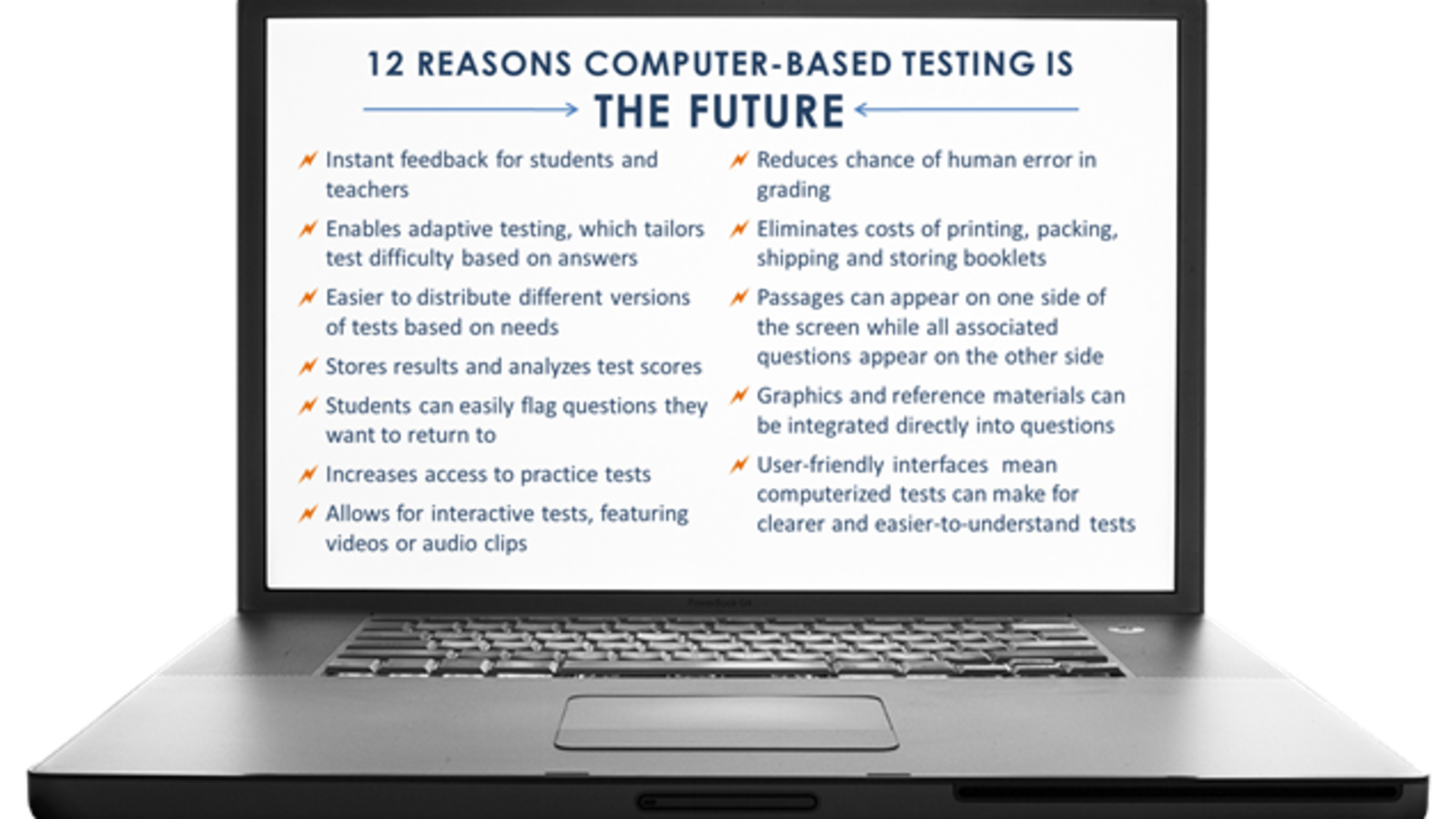New York won’t fully transition to online testing for a few more years, but the state’s top education policy makers want you to know that whenever it happens, it will go well.
They issued a press release Wednesday touting the success of the state’s first online testing pilot in June, when more than 800 schools volunteered to have students try computerized testing. (Officials said in May that 950 schools were planning to participate.)
“The 2016 administration of computer-based Grades 3-8 English Language Arts (ELA) and math field tests ended successfully, Commissioner MaryEllen Elia announced today,” the press release said. “Feedback and suggestions from this year’s administration are now being gathered and will inform decisions for next year.”
The announcement appeared designed to ease fears about online tests at a time when other states’ initial ventures into the new testing form have been rocky. In Tennessee, for example, the first round of online tests failed so spectacularly this year that the state canceled tests for most students. Other states have seen their testing programs freeze as tens of thousands students sign on at the same time.
New York has long tread cautiously in making the switch to online testing, which Elia said would allow schools to get useful information about students’ skills more quickly. (Advocates recently distributed a graphic — shown above — listing a dozen benefits of computer-based testing.) This year’s pilot took place long before the state’s target date for all schools to make the switch (2019-2020) — a sharp contrast to what happened in Tennessee, where pilots started just three months before the actual exam.
The goal of New York’s pilot was to figure out whether schools need additional technology or internet bandwidth before online testing happens for all students. Officials did not say what they had discovered, only that it would help the state prepare schools for a broader transition to online testing at some point in the future.
“We need to ensure that all schools have what they need to help their students make the transition to computer-based testing,” said Board of Regents Chancellor Betty Rosa in the press release. “The resounding success of the pilot of this spring’s field tests provides us with information that is essential to determine where districts might need help.”


